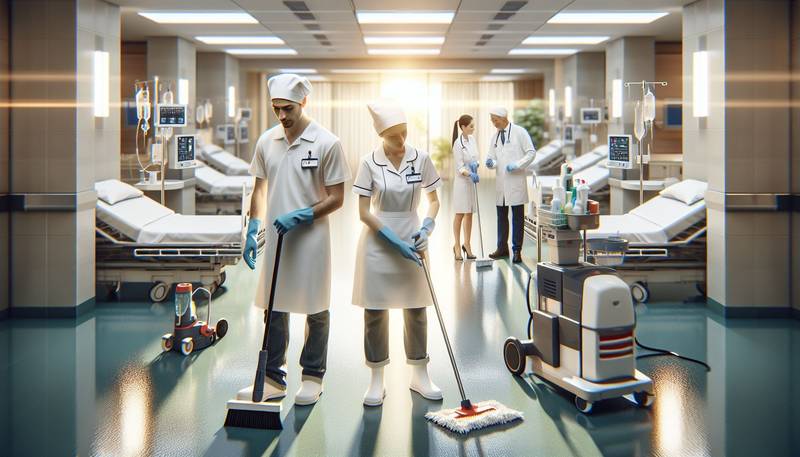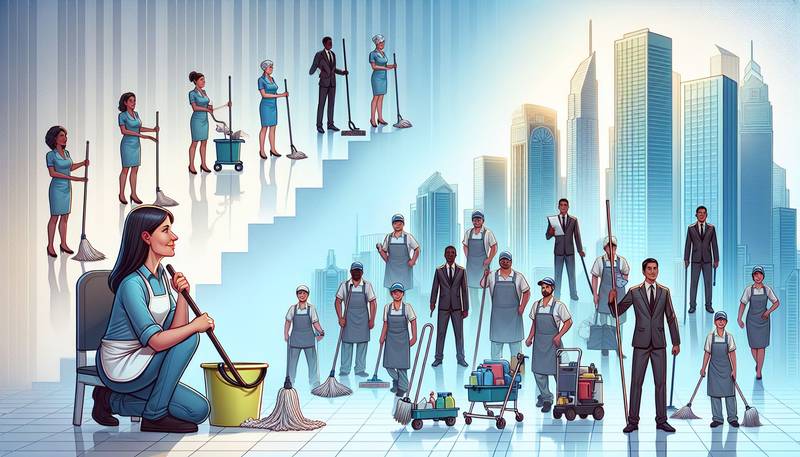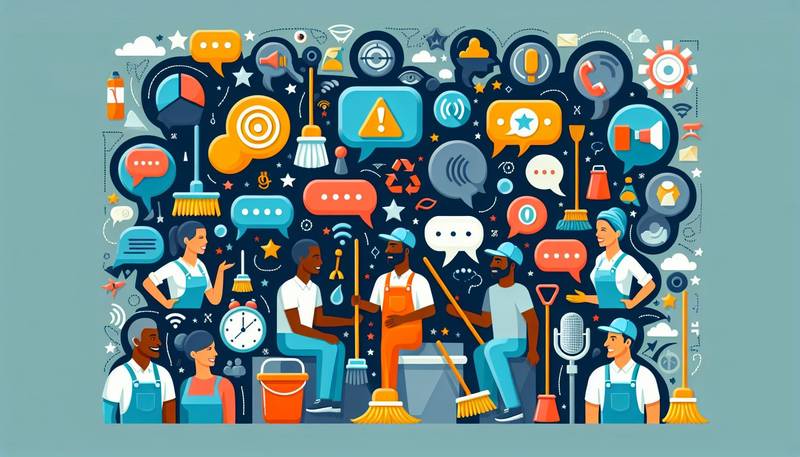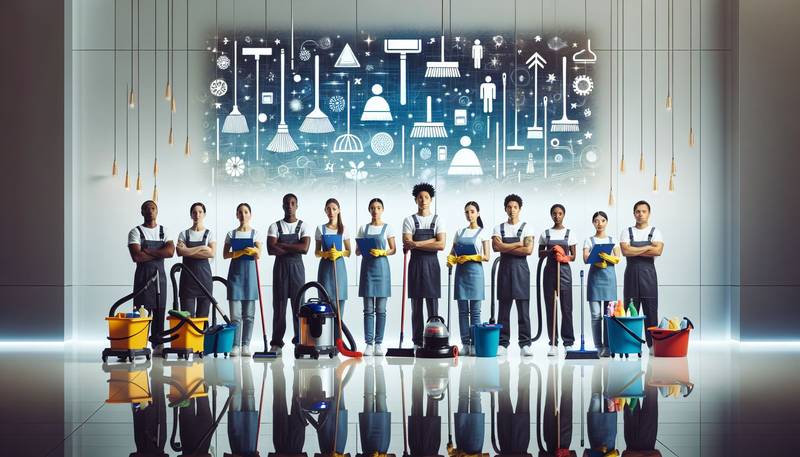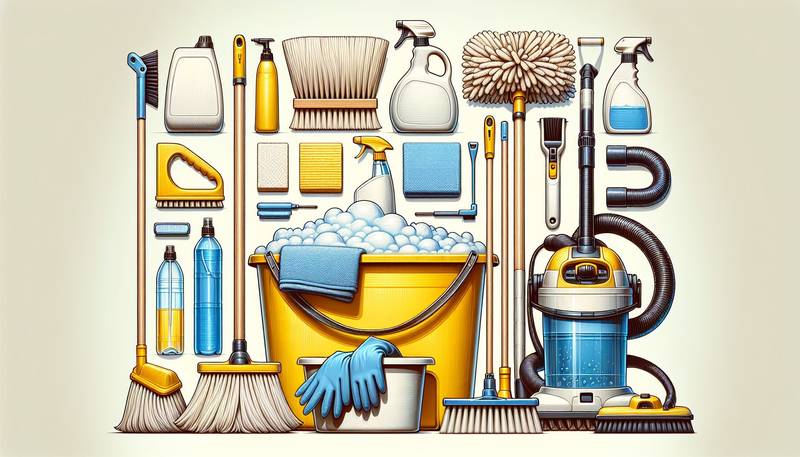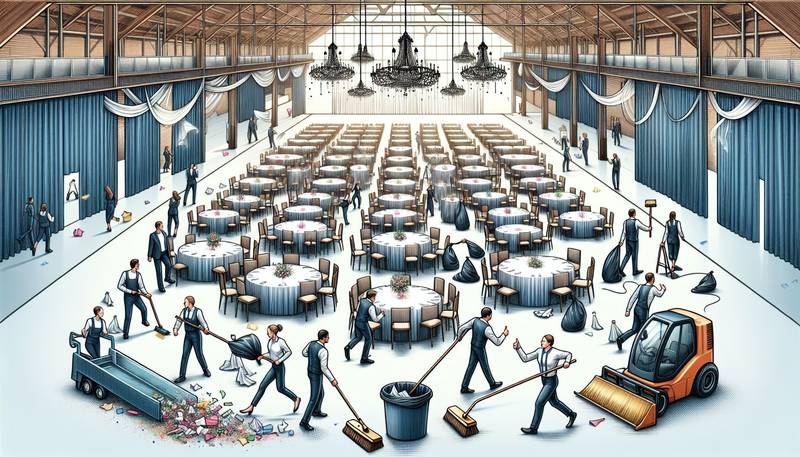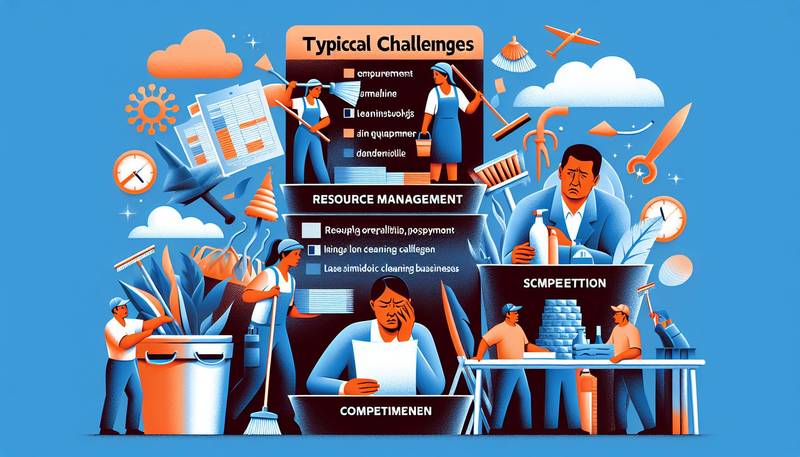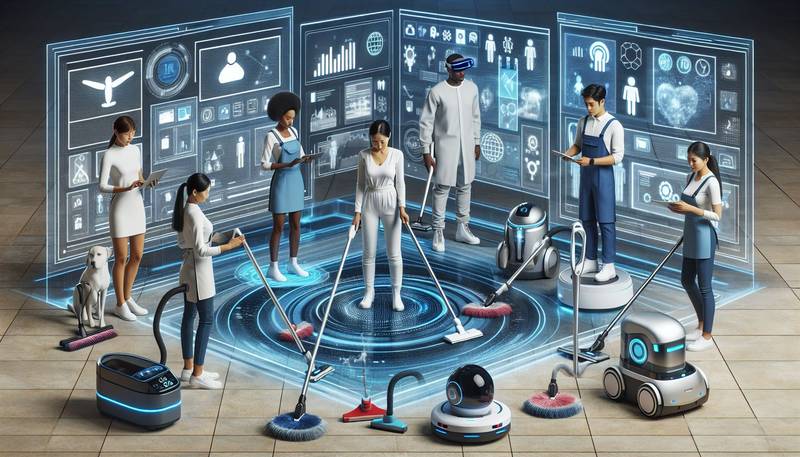Hospital Cleaning Jobs: Ensuring Safety and Hygiene in Healthcare
Hospital cleaning jobs play a crucial role in maintaining a clean and safe environment within healthcare facilities.
Importance of Hospital Cleaning Jobs
Hospital cleaning jobs are vital to the overall functioning of a healthcare facility. Cleanliness is crucial in preventing the spread of infections and diseases within a hospital setting. The role of a hospital cleaner is to ensure that all areas of the facility are clean, sanitized, and free from any potential health hazards. By maintaining a high level of cleanliness, hospital cleaners help to create a safe and hygienic environment for patients to receive treatment and for healthcare workers to perform their duties.
Responsibilities of Hospital Cleaners
Hospital cleaners are responsible for a variety of tasks that contribute to the cleanliness and hygiene of the facility. Some of the responsibilities of hospital cleaners include:
- Cleaning and disinfecting patient rooms, operating rooms, and other medical facilities
- Disposing of medical waste in a safe and proper manner
- Restocking supplies such as soap, paper towels, and toilet paper
- Sweeping, mopping, and vacuuming floors
- Cleaning and disinfecting bathrooms
- Emptying trash receptacles
- Cleaning and disinfecting high-touch surfaces such as doorknobs, light switches, and handrails
Hospital cleaners must adhere to strict cleaning protocols and guidelines to ensure that all areas of the facility are properly cleaned and sanitized. They must also use personal protective equipment, such as gloves and masks, to protect themselves from potential hazards while performing their duties.
Training and Qualifications for Hospital Cleaners
Hospital cleaners typically do not require formal education beyond a high school diploma or GED. However, some employers may prefer candidates with previous experience in cleaning or janitorial services. Hospital cleaners must undergo on-the-job training to learn how to properly clean and disinfect medical facilities, as well as how to safely handle and dispose of medical waste.
Additionally, hospital cleaners must be familiar with cleaning products and equipment commonly used in healthcare settings. They must also be able to follow cleaning protocols and guidelines to ensure that all areas of the facility are cleaned to the highest standards.
Challenges Faced by Hospital Cleaners
Hospital cleaning jobs can be physically demanding and emotionally taxing. Hospital cleaners often work long hours, including nights, weekends, and holidays, to ensure that all areas of the facility are cleaned and sanitized. They must also be able to work quickly and efficiently to meet the high standards of cleanliness required in healthcare settings.
Additionally, hospital cleaners may be exposed to potentially hazardous materials, such as blood, bodily fluids, and infectious diseases. As such, they must take precautions to protect themselves from potential health risks while performing their duties. Despite the challenges they face, hospital cleaners play a crucial role in maintaining a safe and hygienic environment within healthcare facilities.
Conclusion
Hospital cleaning jobs are essential for ensuring the safety and hygiene of healthcare facilities. Hospital cleaners play a crucial role in preventing the spread of infections and diseases within hospitals by maintaining a clean and sanitary environment. By adhering to strict cleaning protocols and guidelines, hospital cleaners help to create a safe and healthy environment for patients, healthcare workers, and visitors. Their hard work and dedication are essential in ensuring the overall well-being of individuals seeking medical treatment within healthcare facilities.
